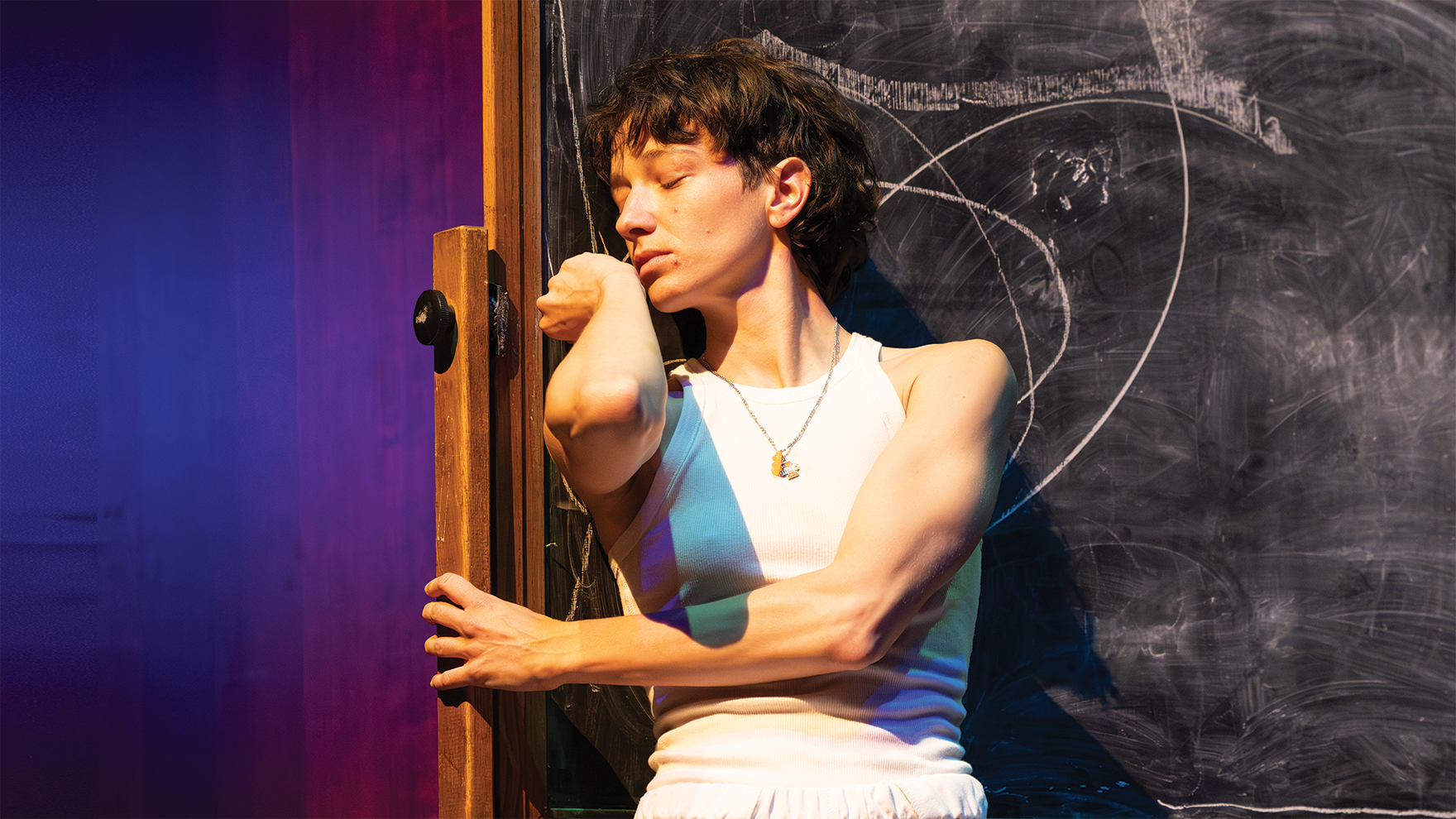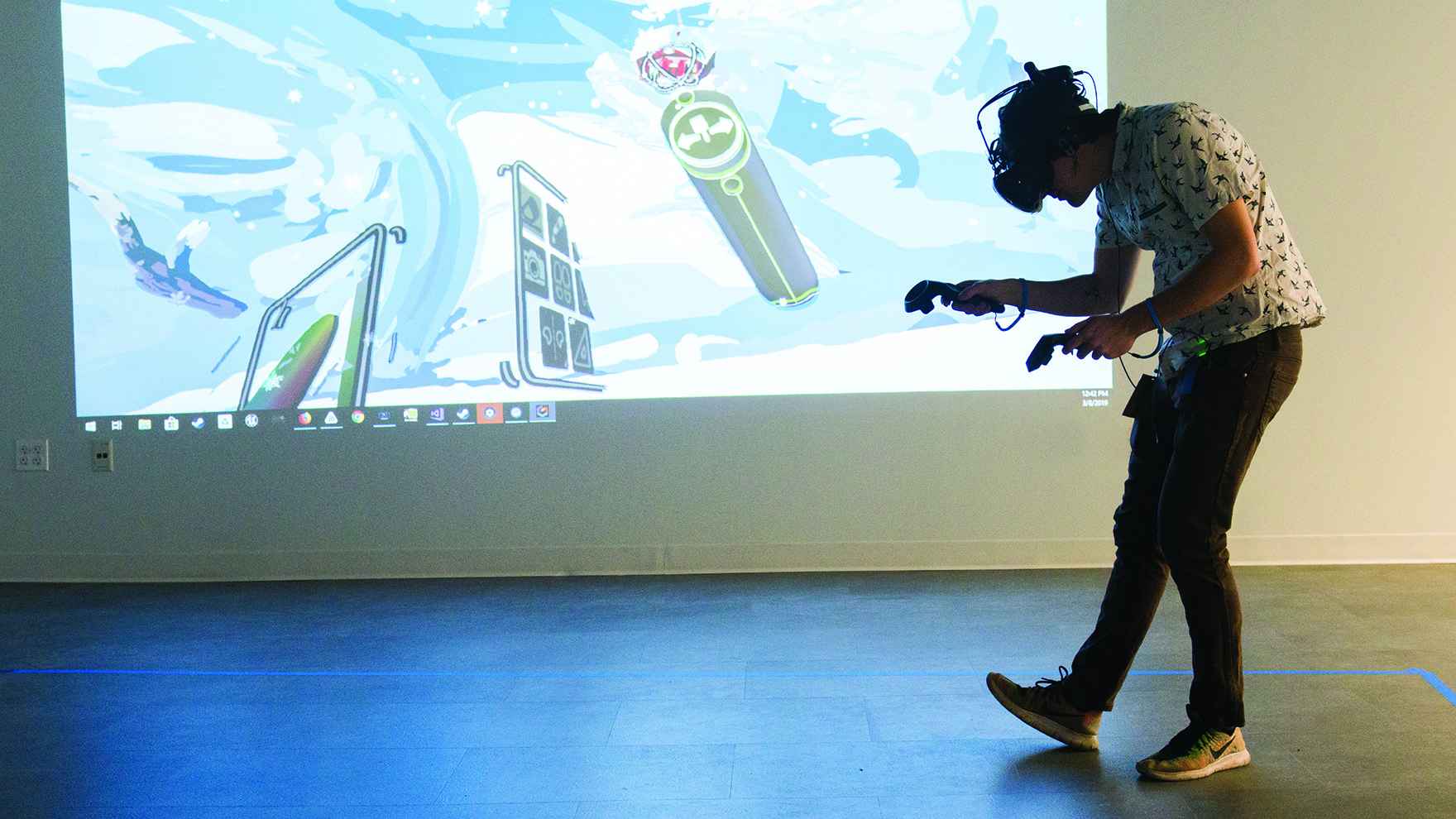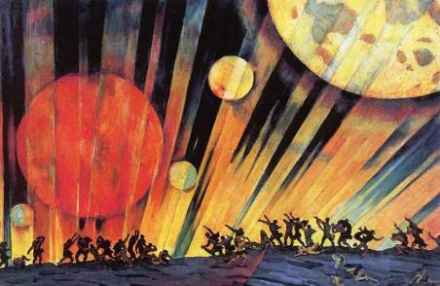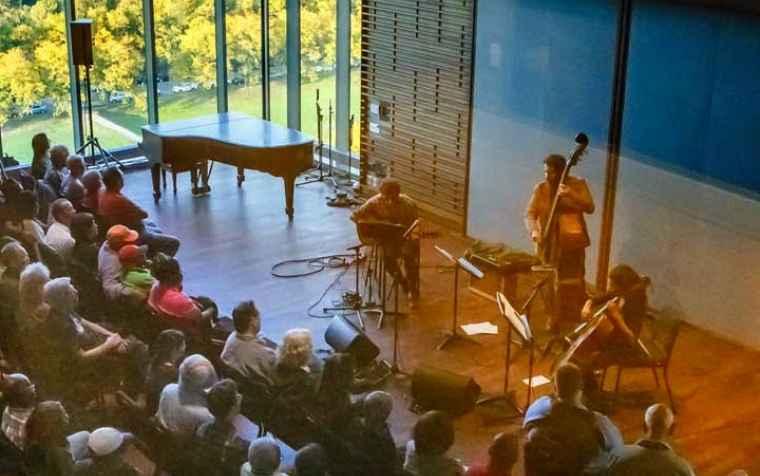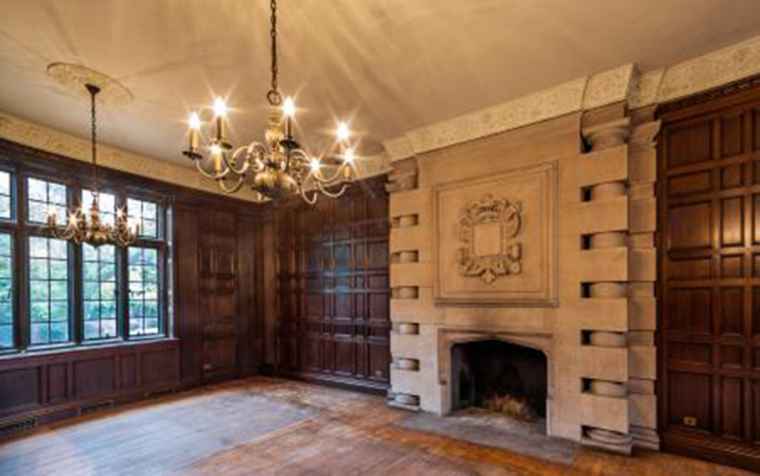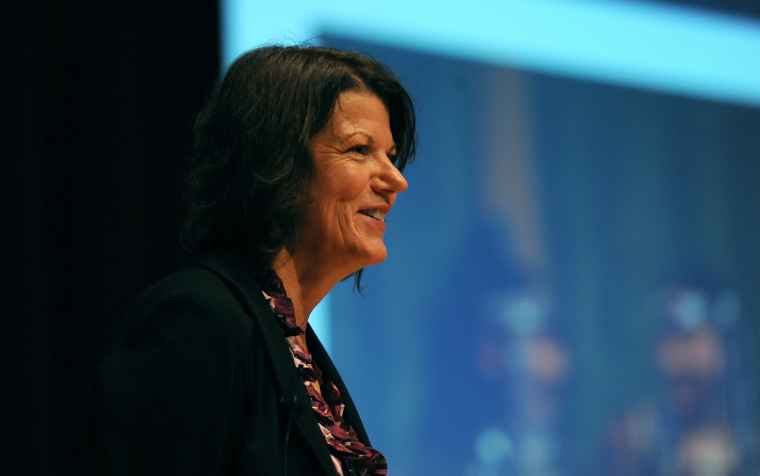Arnold I. Davidson Named Officer in the Ordre des Palmes Académiques
Arnold I. Davidson, Robert O. Anderson Distinguished Service Professor in Philosophy, Comparative Literature, Romance Languages and Literatures, and the Divinity School, was promoted to the rank of Officer in the Ordre des Palmes Académiques, recognizing his contribution to the promotion of French culture. The Ordre des Palmes Académiques is a French Order of Chivalry for academics and cultural and educational figures, comprised of three ranks (Knight, Officer, and Commander). Other notable recipients include literary scholars Roger Pearson and Lionel Gossman.
Four Innovation Grants Awarded to Humanities Graduate Students
Graduate Student Affairs has announced the winners of the 2012-2013 Innovation Grant, which provides funds for projects created by students "that encourage graduate students’ academic progress, professional development, or personal growth." The winning projects below were proposed by graduate students in the Division of the Humanities.
- Chicago Art Journal Website: Proposed by Solveig Nelson, the Chicago Art Journal Website project aims to use the Innovation Grant to create a website for The Chicago Art Journal, a student-run, peer-reviewed journal located in the Department of Art History, in order to expand the journal's content and expose it to a wider audience.
- Essential Graphic Design for NELC Students Workshop: Proposed by Tytus Mikolajczak, the goal of the Essential Graphic Design for NELC Students Workshop is to expose graduate students in the Department of Near Eastern Languages and Civilizations to graphic design software necessary for the preparation of digital images, a requirement for scholarly careers in the field.
- Open Source Tools for Writing Dissertations and Professional Documents in the Humanities: This two-hour session, proposed by Sarah Iker and Peter Shultz, aims to introduce graduate students to open-source tools that will allow them to create properly formatted and professional academic documents across a variety of operating systems.
- University of Chicago Move and Shake Women Retreat: Proposed by Alisha Jones, this two-day retreat offers a reflection on work-life balance for graduate student women, particularly women of color. Through the guidance of mentors, the retreat will allow women of color a safe space to discuss their experiences in the academy, while also providing an exchange among women on many different academic career paths.
Read all of the awarded proposals here.
Humanities Faculty Members Well-Represented in Inaugural Neubauer Collegium Research Projects
William Nickell's Digital Mapping Project Featured in 'The Washington Post'
William Nickell, Assistant Professor in Slavic Languages and Literatures, was featured in The Washington Post's recent, front page article on Sochi, site of the 2014 Olympic games.
